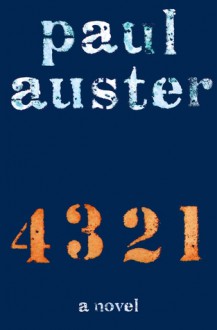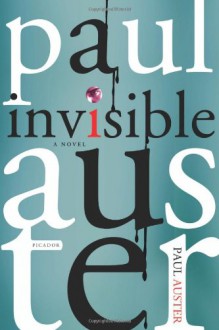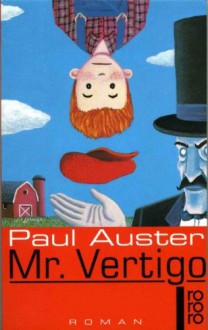
I am a big fan of this book, but I don’t know if I can recommend it to anyone.
Coming in at just under 900 pages, this novel is a brick. The book itself feels heavy, the font is small, the chapters are long, and paragraphs sometimes go on for pages at a time. And Paul Auster doesn’t use quotation marks. If these things sound like a hinderance, go on your way. There is nothing for you here. Auster’s writing style is pleasurable and relatively easy to read (once one gets used to his rhythm, I suppose), but this mofo is dense.
This is the coming of age of Archie Ferguson . . . told four times. In alternating chapters, Auster tells the growing up of this book in mid-20th century America as it happens in alternate universes. Across the four versions of this guy, his family dynamics change, where he chooses to go to University change, his girlfriend(s) change, his motives change, his successes and failures change . . . And, somehow, Auster never loses the plot. He spins an intricate web that is equally enthralling and challenging. I related most to Archie 3, though I enjoyed each narrative. Once I was able to get a feel for all versions of this guy, I really enjoyed myself and the wide canvas that is <i>4321</i>.
A story filled with melancholy and politics l, revolution and the frustrations of the teenage years, this is right up my alley. The fractured and despondent 1960s is my favorite era to read about in literary fiction, and Auster’s latest largely lingers on that era. Though it isn’t as successful as <i>The Nix</i> in that regard, it is a memorable and intoxicating rendering of what it was to grow up in the time of Vietnam and Nixon and the Sexual Revolution.
Though this book isn’t perfect (at times, t made John Irving look like a minimalist) and I did find myself occasionally skimming, those flaws are made up for by the author’s sheer ingenuity and capable, daring plotting. I don’t know if I can recommend this one, but if you’re willing to go into this giving it all you’ve got, I say take the dive.


 Log in with Facebook
Log in with Facebook 










